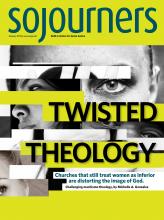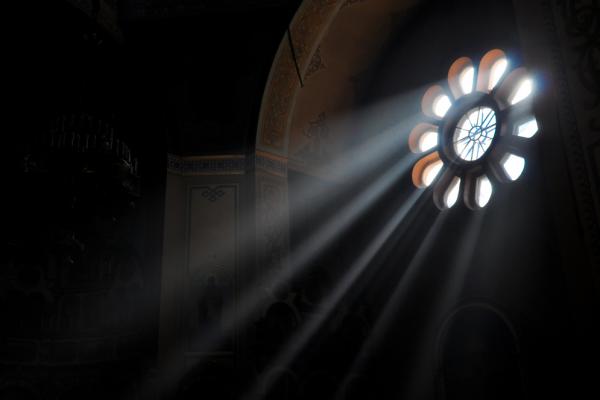A NEW CALENDAR YEAR marks the end of the Christmas season and a shift to the season of Epiphany that spotlights the reality of the Incarnation. In sync with our personal promises to discontinue bad habits in favor of better practices, the lectionary readings capture familiar expressions of vocational clarity and ministerial frustration. The season is a mosaic of self-examination peppered with moments of great light penetrating the darkest despair. Whether ancient Israel (living in exile in the sixth century B.C.E.), the followers of Jesus (in the first century C.E.), or 21st century seekers of spirituality without religion, the description is the same: The disenfranchised, disappointed, and divided discover a glimpse of the reign of God.
Read these texts as snippets of ancient social media: status updates of a prophet, blogs about the ministry of Jesus, and PDF files about early church practices. Each exposes the light of God pushing into the darkness of human existence: frustrated ministers, radical promises of forgiveness, reports of flourishing charismatic leaders, stalemated efforts due to divided affiliations, petitions for lawmakers to practice impartiality, and the death of one imprisoned on suspicious testimony. Familiar, jarring, and too often tamed, these texts deserve at least the attention afforded public policy debates and celebrity rumors.
A close reading of the text does not lend safety by avoiding the prophet, ignoring John’s message, or disputing baptism rituals. Every baptized believer is called to arise and live as if the kingdom of God has come.
Read the Full Article

